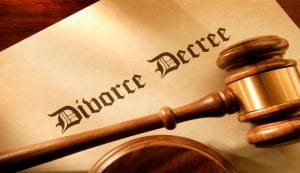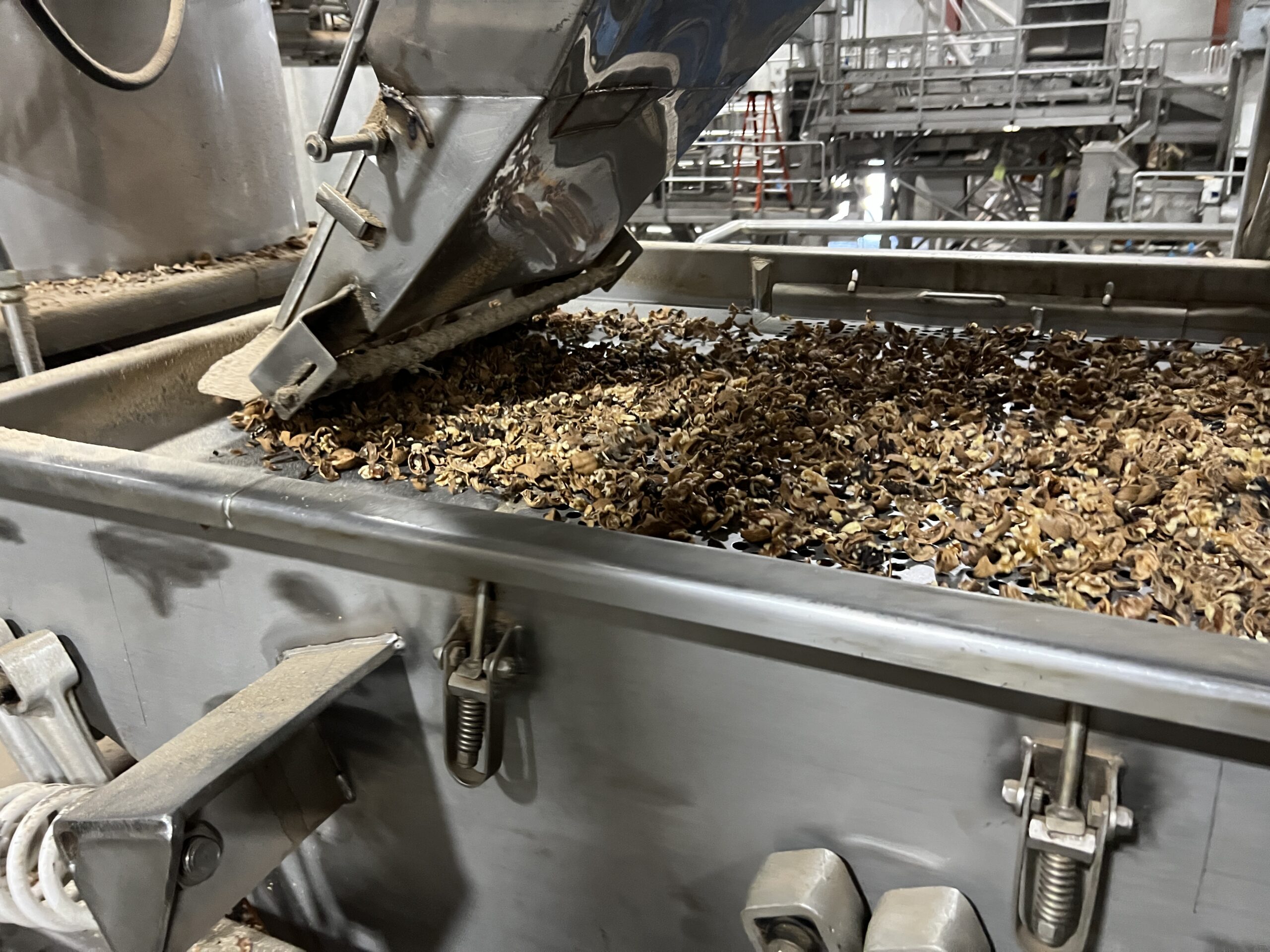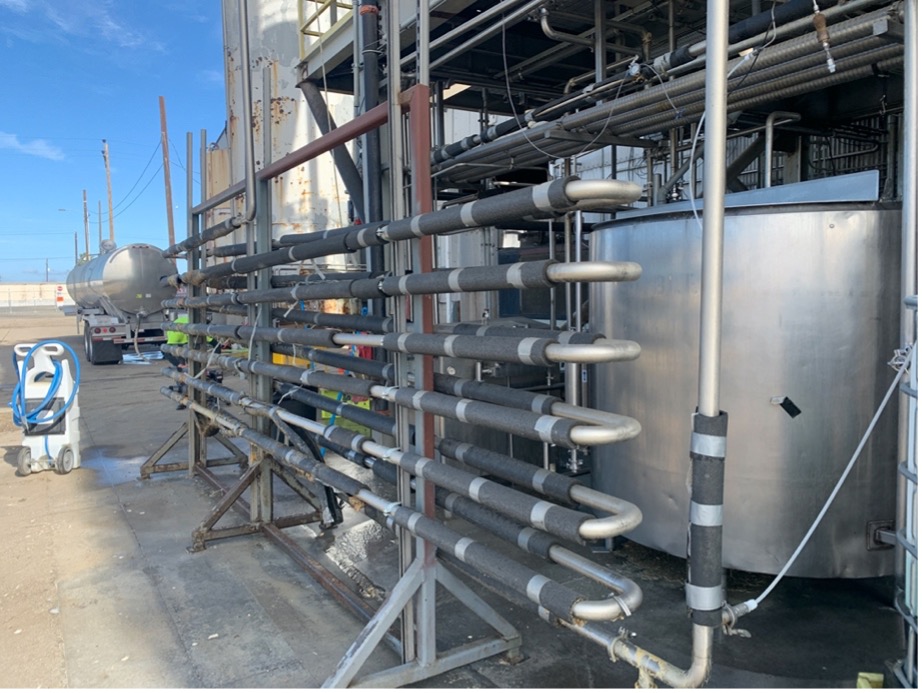
Deciding to share an equipment appraiser benefits parties on both sides of a disagreement. A shared equipment appraiser can eliminate the cost of another appraisal, reduce on-going conflict about values and equipment being valued, and save time in the process. And there’s no loss of objectivity, because as any qualified equipment appraiser will tell you, an equipment appraiser’s only loyalty in legal matters is to the definition of value stated in the scope of work. What this means is that even though one side or another may hire me, the critical job of a machinery and equipment appraiser is to come up with an unbiased opinion of value regardless who is paying for the appraisal.
In some divorce cases, I’ve been hired by both parties jointly to provide an unbiased opinion of value. Often when I’m hired as an equipment appraiser by both parties in a divorce there’s a business involved that one party is actively running and the other is not. Examples of these kinds of situations can involve construction, agriculture, manufacturing and restaurant equipment.
In cases where both parties have signed on as clients, I’m committed to keeping the lines of communication open, keeping everyone — both parties and their respective attorneys — in the loop. Other times, only one of the parties is named as the client in our equipment appraisal engagement. In these cases, too, I’ve found it extremely helpful to keep communication open so that everyone knows what is going on. Either way, the old joke among equipment appraisers holds true: If we’ve done the job well, both sides are equally unhappy with the findings.
I have found one critical step that helps keep clients less unhappy — and the equipment appraisal moving along more efficiently. Whenever I’m called about an equipment appraisal pursuant to the equitable distribution of property due to marital dissolution, I ask that both parties agree on the list of Subject Assets before hiring me.
Compiling a list of Subject Assets seems pretty straight forward, but in more than a few situations, I’ve seen asset lists take months, even years, to sort out. No matter how long as it takes, it’s much wiser to work out the list issues before racking up appraisal fees. It would be bad enough to have your shared equipment appraiser present an appraisal report that included items that one party insisted were purchased after the separation or disposed of before the separation; you can imagine how much worse it might be if the parties in a divorce hired different equipment appraisers and then discovered that the lists of equipment appraised did not agree!
Using a shared expert to appraise machinery and equipment is a common sense way to save fees, time and frustration. Whether one party hires the equipment appraiser, or whether the parties hire jointly, agreeing on an qualified, experienced appraiser and agreeing on a list of Subject Assets is a straightforward solution to some of the complications in legal conflicts involving equipment and machinery valuation.
Jack Young, ASA, CPA
Equipment Appraisal Litigation Support
NorCal Valuation Inc.




